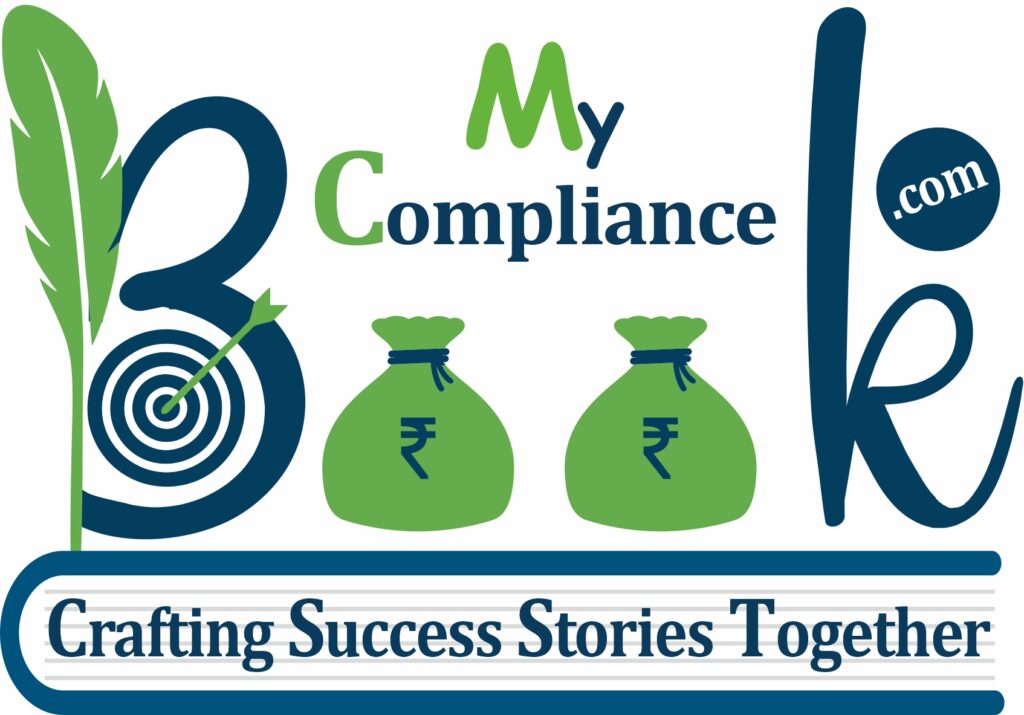
- 10+ Years of Experience
- 400 + In-House CAs, CS & Lawyers
- 10,000+ Pin codes Network in India
- Guaranteed Quality Services
Book My
Table of Content
- Overview of Factory License Registration
- Guidelines for Factory Owners
- Eligibility Criteria for Factory License
- Documents Required For Factory License

Overview of Factory License Registration
Guidelines for Factory Owners
- Obtain and renew necessary licenses (e.g., factory, fire safety, environmental clearance).
- Follow labor, safety, and environmental regulations.
- Provide PPE and safety training.
- Maintain a safe, clean environment with clear safety signage and first-aid provisions.
- Adhere to waste disposal, pollution control, and energy efficiency standards.
- Implement sustainable practices like recycling and energy-saving initiatives.
- Comply with wage, working hours, and employee welfare laws.
- Prevent child labor and ensure worker representation rights.
Eligibility Criteria for Factory License
- Proof of ownership or valid lease agreement for the factory premises.
- Clearly defined manufacturing activity (e.g., food, textiles, chemicals) that complies with industry standards.
- Adherence to safety regulations, including PPE, fire safety, and worker welfare facilities.
- Typically, factories with a minimum number of employees (e.g., 10 or more) require a license.
- Meeting pollution control and waste disposal standards, with necessary clearances.
- Appropriate fire safety equipment and emergency preparedness plans.
- Adherence to working hours, wages, and the prohibition of child and forced labor.
Inspection:
- Factory must pass inspection by the relevant authority for compliance with regulations.
- Payment of applicable fees for registration.
- The factory or owner must not have any pending violations or penalties from previous operations.
Documents Required For Factory License
FAQs for Factory License Registration
A factory license is an official authorization granted by government authorities that allows a business to operate a manufacturing facility legally. It ensures that the factory adheres to safety, environmental, and labor laws.
Any business or individual intending to operate a manufacturing facility with a minimum number of employees (usually 10 or more) must apply for a factory license. The specific requirements may vary based on the size and type of industry.
The documents typically required include:
• Completed application form
• Proof of ownership or lease of factory premises
• Environmental clearance
• Fire safety certificate
• Employee welfare and safety measures documentation
• List of machinery and equipment used
The time to obtain a factory license can vary depending on the local authorities, but it typically takes anywhere from 30 to 60 days. Delays may occur if the authorities need additional documentation or if the factory does not pass the inspection.
Yes, even small-scale factories with a certain number of employees (e.g., 10 or more) are required to obtain a factory license. The threshold number may vary based on local laws.
Operating a factory without a valid license can lead to penalties, fines, or closure of the facility. In some cases, the business may face legal actions for non-compliance with industrial regulations.
Factory licenses are typically valid for 1 to 5 years, after which they need to be renewed. To renew, you must submit an application, provide updated documents (if necessary), and pay the renewal fee.
Yes, a factory license can be revoked if the factory fails to comply with health, safety, environmental, or labor laws. It can also be revoked if there are serious violations during factory inspections.







